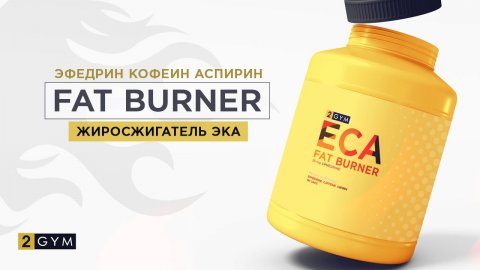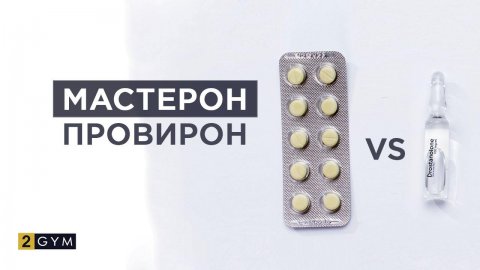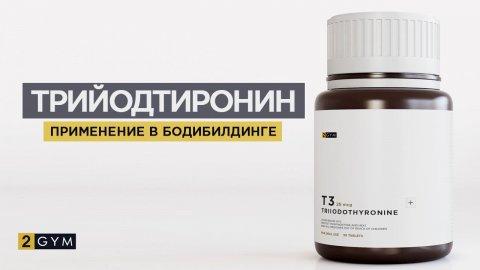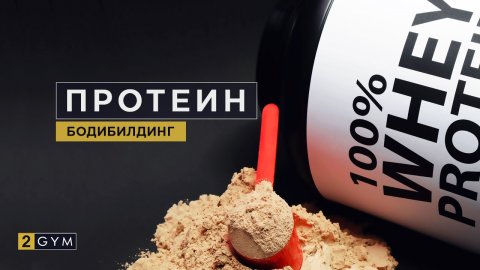Diuretics in Bodybuilding
So, the benefits of diuretics during the preparation period for a competition are far less than the harm. And it's not just about the common "kidney damage." Yes, there is kidney damage—no way around it. But now, again, it's not about that.
Oh, and it's not about all diuretics—using furosemide, for example, would only come to the mind of someone utterly desperate before a competition. Why? Simply because this diuretic extracts water from everywhere, primarily from the muscles.
In other words, its use leads directly to "deflated" muscles, and you won't be able to "inflate" them quickly. Well, that's not what we want, right?
Veroshpiron in Competition Preparation
Primarily, we are talking about spironolactone. If this word means nothing to you, then let me say the magic word "Veroshpiron"—spironolactone is the active ingredient in this popular diuretic.
"Veroshpiron," along with "Triampur," has been used until recently by most bodybuilding and fitness athletes during competition preparation—both men and women. So, about the unpleasant part, as promised.
Firstly, spironolactone is an anti-androgen. This means its molecule can bind to androgen receptors and block them—resulting in anabolic steroid molecules, which are typically used during the preparation period, being unable to bind to these receptors.
This means the effectiveness of the "cycle" will decrease—sometimes this decrease can be quite significant. The reduction in testosterone effectiveness is also facilitated by spironolactone suppressing the synthesis of the enzyme 5-alpha-reductase.
Thus, testosterone almost stops converting into dihydrotestosterone, with all the resulting consequences, the most unpleasant of which before competitions is a noticeable increase in estradiol levels in the blood.
However, testosterone is unlikely to be used in the last days before stepping on stage, so this drawback can be considered insignificant. But it's worth remembering.
Hyperkalemia
Much more significant is this: the use of "Veroshpiron" (or any potassium-sparing diuretics) when the amount of salt in the diet is reduced to a minimum can lead to hyperkalemia—a sharp increase in potassium levels in the blood.
It might seem—what's wrong with that? Potassium is considered the very macroelement that "pushes" water into the cells, right? In reality, there are many issues.
Here is how the last day or two before stepping on stage usually looks—simplified. You sharply reduce the sodium content in your body, resulting in water leaving both the extracellular space (i.e., from under the skin) and the muscles.
The subsequent "loading" of sodium balances things out, and water starts entering the muscle fibers, seemingly being pulled out from under the skin, as you do not drink during this time.
Now, too high potassium levels in the body, which "Veroshpiron" ensures, as a reminder, will prevent this "celebration of life" from happening! For water to enter the cell from the extracellular space, a balance of sodium and potassium must be maintained.
If this balance is disrupted—in favor of either of these macroelements—water will definitely not enter the cell. So, resorting to diuretics, even the most fashionable ones, is not the best solution.
In fact, it is a means for the most extreme cases—when there is nothing else to rely on.
Off-Competition Practice
But why do I keep talking about athletes? What if you are not preparing for the stage? In this case, spironolactone will simply significantly reduce the effectiveness of your anabolic steroid "cycle."
This is especially true for older men following hormone replacement therapy—"Veroshpiron" is often prescribed to them for heart issues.
So, while solving one problem, this drug can create a host of new ones. And even if you are far from anabolic steroids, taking spironolactone can impact your libido, mood, and productivity. So think twice before deciding to take it.




















Log in with ( Sign Up ? )
or post as a guest